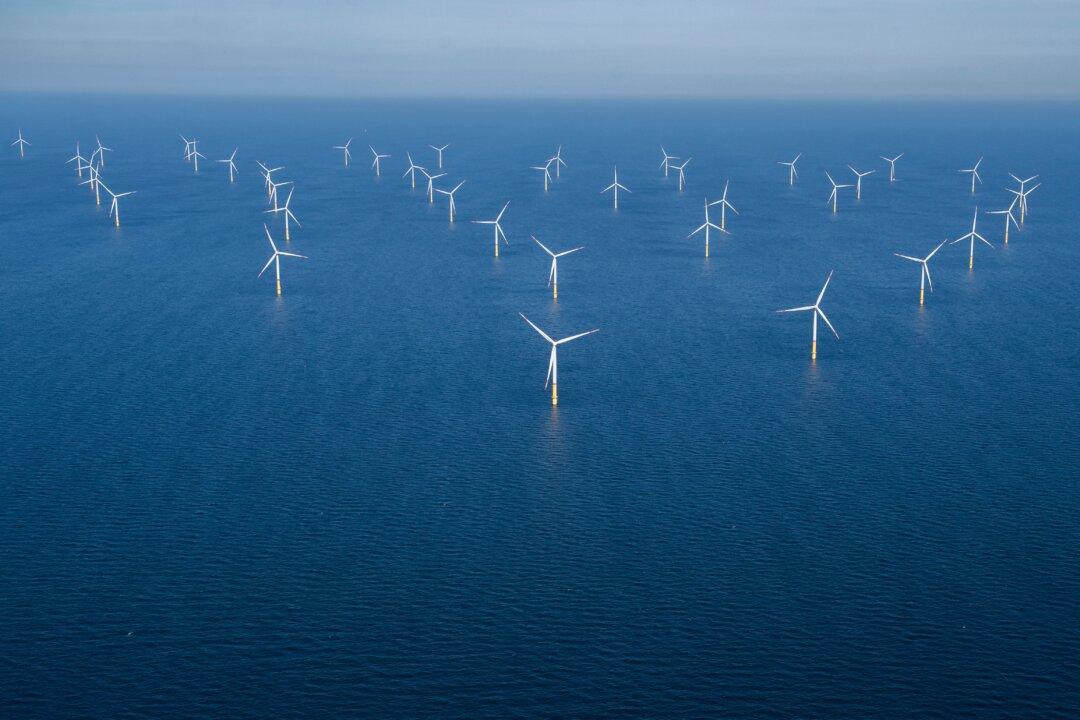Norway is considering scaling back its energy ties with Europe as domestic electricity prices soar to record levels.
Minister of Petroleum and Energy Terje Aasland, from Norway’s ruling center-left Labour Party, told the Financial Times on Friday that the government is rethinking its export agreements after electricity prices reached their highest levels since 2009.





